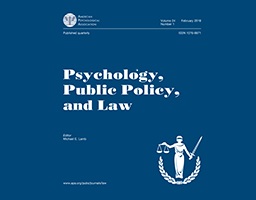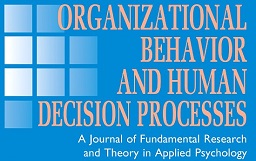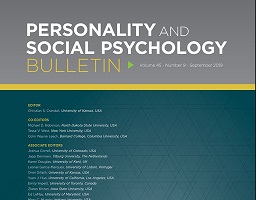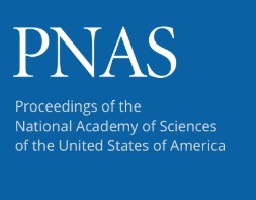The paradox of disclosure: shifting policies from revealing to resolving conflicts of interest
This paper explores the complexities and unintended consequences of conflict of interest (COI) disclosures in various professional settings. It highlights key psychological processes encountered by recipients of such disclosures. Notably, it describes the burden of disclosure effect, which paradoxically reduces trust while increasing compliance due to social pressures, and disclosure’s expertise cue, where disclosures inadvertently increase trust and […]








